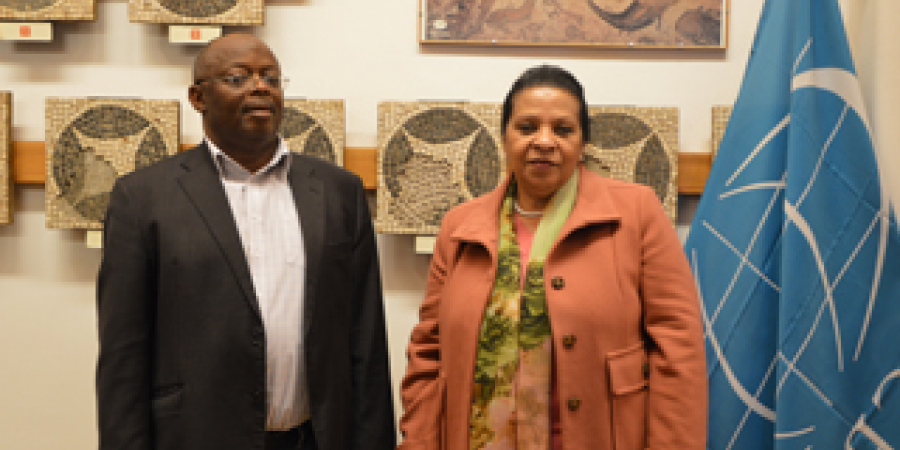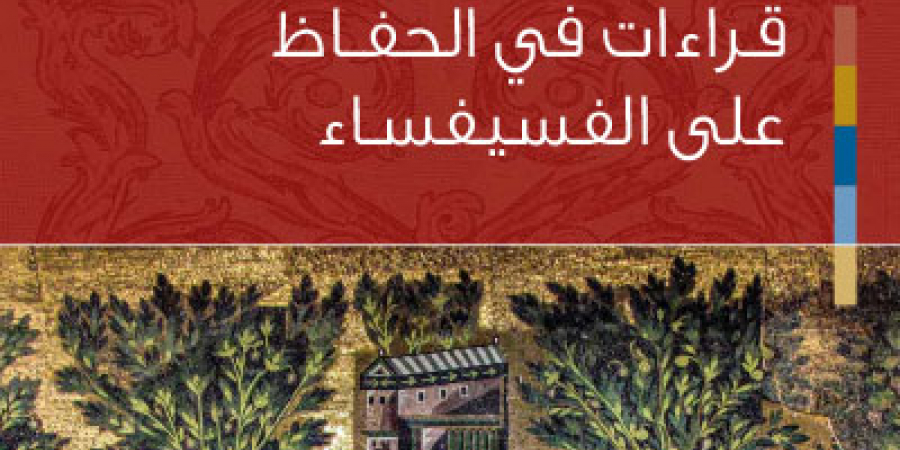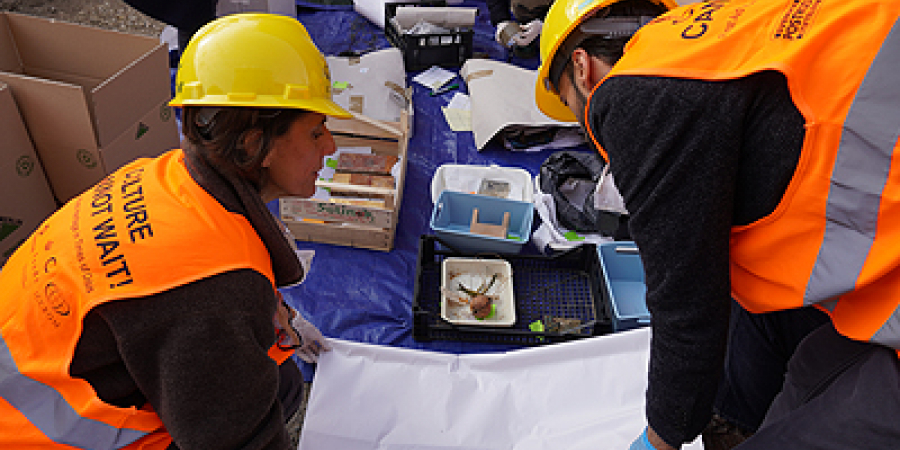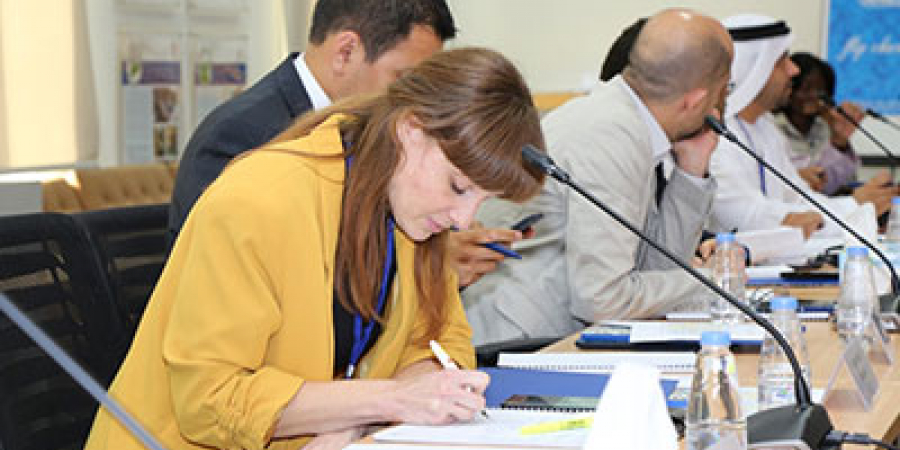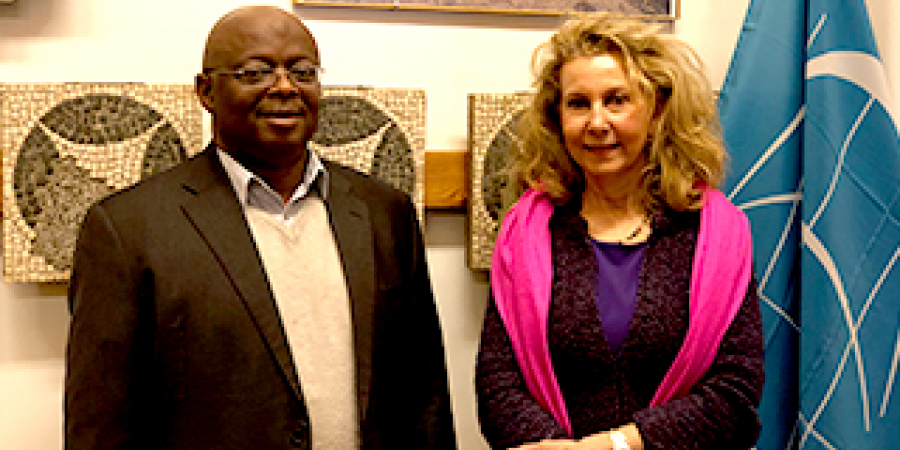
Visit: Belle Arti e Paesaggio di Roma
On 12th of February 2020 the Director-General received the visit of Ms Daniela Porro, Soprintendente Speciale Archeologia, Belle Arti e Paesaggio di Roma, and Alessandro Mascherucci, Architect in charge of the Portion of San Michele Complex.

